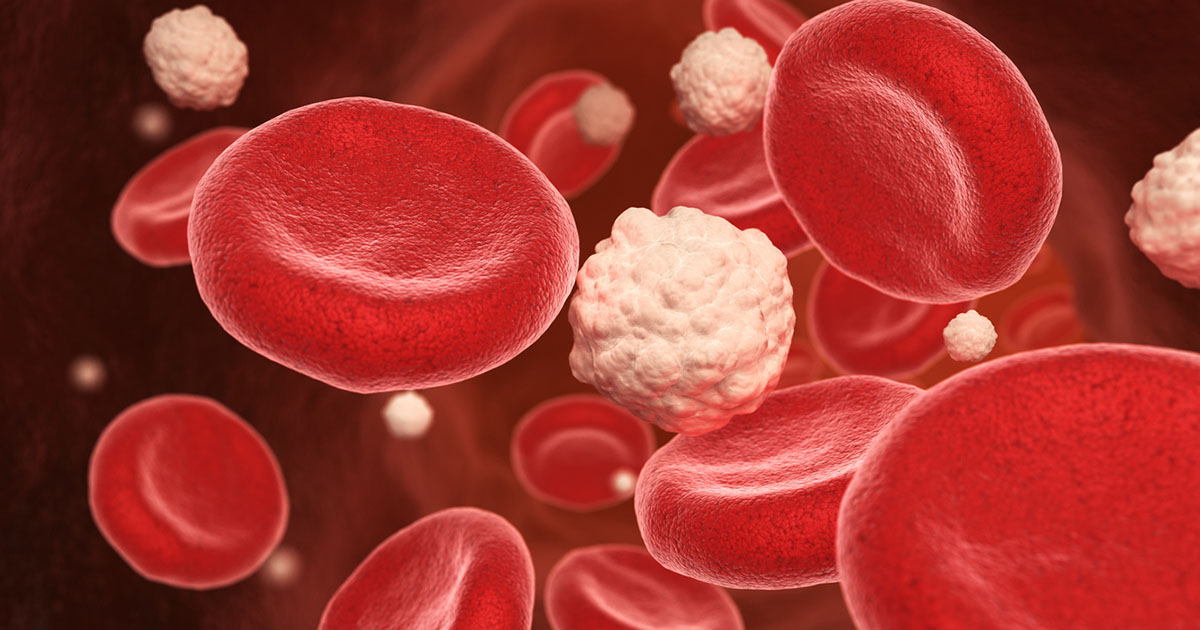In this real-world cohort study conducted in a single UK general practice, the authors evaluated the effects of routinely offering and supporting a low-carbohydrate dietary approach for people with type 2 diabetes between 2013 and 2021. This audit of the 8-year dataset reviewed, in particular, rates of remission and the factors associated with it.
From March 2013 at the practice in Southport, Merseyside, GPs and practice nurses routinely offered advice on a low-carbohydrate diet as part of a protocol which included checking and discussing weight at the beginning of every consultation; medication reviews; optional group education sessions (in-person or virtual); and offering of resources via leaflet, book or app.
At the most recent follow-up in April 2021, a total of 186 individuals had chosen the low-carbohydrate approach (39% of the practice’s type 2 diabetes register). Over a mean follow-up of 33 months, median weight in this group fell significantly from 97 to 86 kg (mean reduction 10 kg), while median HbA1c fell from 63 to 46 mmol/mol. Significant reductions in triglycerides, systolic blood pressure, total cholesterol and total:HDL cholesterol ratio were also observed.
At the final follow-up, 94 participants (51%) had achieved diabetes remission, defined as HbA1c <48 mmol/mol sustained for >3 months in the absence of diabetes medication. This represented 20% of the total practice diabetes register. Those with a longer diabetes duration were less likely to achieve remission; 77% of those diagnosed within a year achieved remission, versus 35%, 31%, 44% and 20% of those with a diabetes duration of 1–5, 5–10, 10–15 and ≥15 years, respectively.
HbA1c at baseline was also significantly associated with the likelihood of remission; mean baseline HbA1c was 54 mmol/mol in the remission subgroup, compared with 75 mmol/mol in those who did not achieve remission. In contrast, baseline age, weight, blood lipids and blood pressure were not significantly associated with the likelihood of remission. The combination of diabetes duration and baseline HbA1c predicted remission with 73% sensitivity and 85% specificity.
Expenditure analysis showed that the practice spent almost £70 000 less per year on glucose-lowering drugs compared with the CCG’s average.
These results differ from those of many studies of low-carbohydrate diets, and the authors attribute their success to the substantial weight loss achieved, possibly a result of the strong reinforcement of the importance of weight loss throughout. The authors noted the phenomenon of “carb creep”, whereby a participant’s carbohydrate intake would gradually rise, along with weight and HbA1c, unless addressed in consultations. The results were also attributed to the availability of open-access group refresher education sessions approximately every 6 weeks, which participants could join without an appointment.
Although this study is limited by its observational nature and, particularly, the risk of selection bias due to the non-randomised design, the authors conclude that a low-carbohydrate dietary intervention can be highly effective to reduce weight and HbA1c, and to induce type 2 diabetes remission. However, the findings also reinforce the need to offer this intervention early in the diabetes journey, and before HbA1c rises too high, to maximise the odds of remission.





Attempts to achieve remission, or at least a substantial improvement in glycaemic control, should be the initial focus at type 2 diabetes diagnosis.
9 May 2024